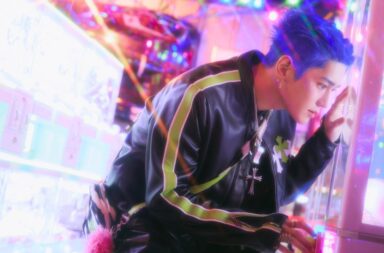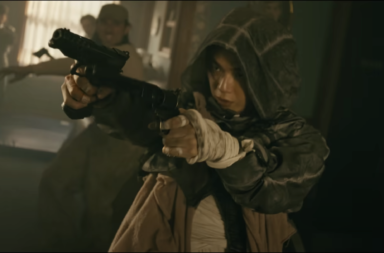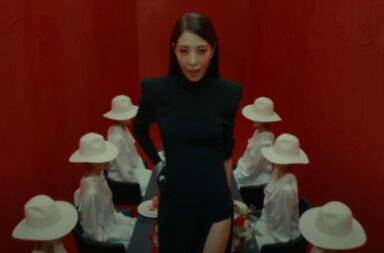
LM Entertainment seems to have been in the news for all the wrong reasons lately. Whilst the ongoing dispute between the agency and Kang Daniel, one of its artists, has dominated the headlines, LM’s move to trademark Yoon Ji-sung’s stylised name (Yoon Jisung) on 18 March has received a more muted response.
LM Entertainment was created solely to oversee Yoon Ji-sung and Kang Daniel after Wannaone‘s disbandment in January earlier this year. Both artists were signed to the label in February, and Yoon made his solo debut the same month. In the short time since then, LM has managed to do wrong by both of these artists — and given the company only has these two individuals on its roster, that’s probably saying something.
Trademarking of group names is not anything new and can in some cases be an amicable and mutually agreeable move. In December 2018, Big Hit Entertainment secured the trademark rights for “BTS”, the group’s most commonly used name, especially outside of Korea. Crucially, this coincided with BTS opting to renew their contract early with Big Hit Entertainment with the agency citing a “deep trust and affection” between both parties. Big Hit also set a precedent when it concurrently trademarked the “Army” fandom name. Media outlets commented that the request was submitted in acknowledgement of the fandom’s significant contribution to the group’s success.
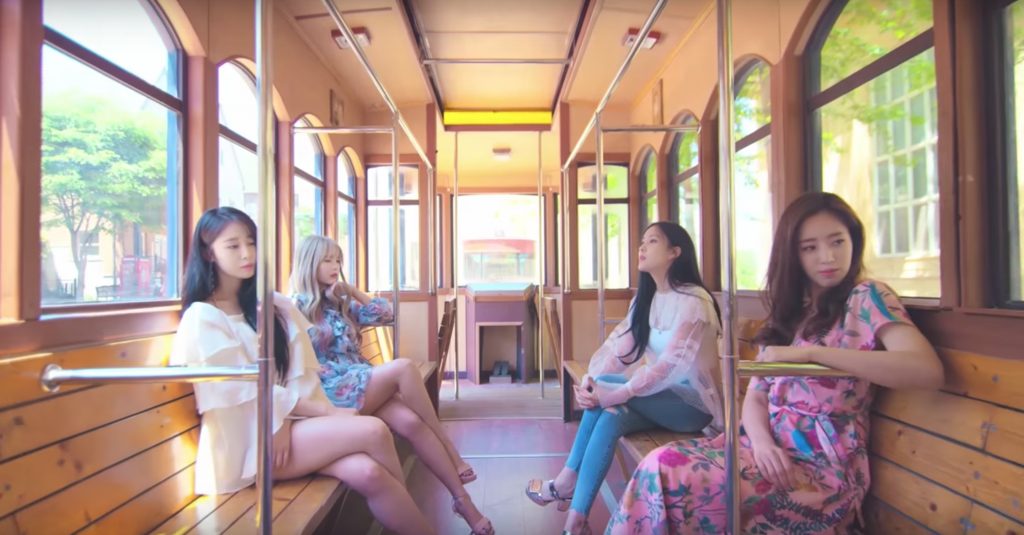
However, the most high profile cases of trademarking activity by agencies have generally been perceived as attempts by an agency to limit a group’s autonomy to operate following their departure from said agency. The departure of Beast from Cube Entertainment at the end of 2016 forced the boy group to rebrand as Highlight. Meanwhile, T-ara’s trademark issues with MBK Entertainment were only resolved in January this year after more than a year of negotiations.
MBC initiated trademark efforts in December 2017 in an attempt to prevent the group from continuing to promote under the T-ara brand upon leaving MBK. During the dispute, the agency’s CEO claimed he was entitled to retain the rights to the name as the company was responsible for the group’s success. MBK Entertainment ultimately failed in its efforts to trademark the group’s name and MBK’s response to the saga was widely criticised as an attempt to penalise T-ara for seeking to leave their agency. The trademark appeared to be just another tool an entertainment agency has at its disposal to exert control over its artists, even post-departure.
The request by LM Entertainment to trademark Yoon Ji-sung’s name is most likely driven by a similar desire to dictate and limit its artists’ freedom. However, where trademark attempts over a group name are not unusual, it is rare for agencies to seek to trademark an individual’s given name – even in a stylised form. LM’s trademark request applies to Yoon’s stylised name without the traditional hyphenation which at first glance may appear benign. However, as most idols adopt stage names without the hyphenation, the trademark request is actually more restrictive than it initially appears to be.
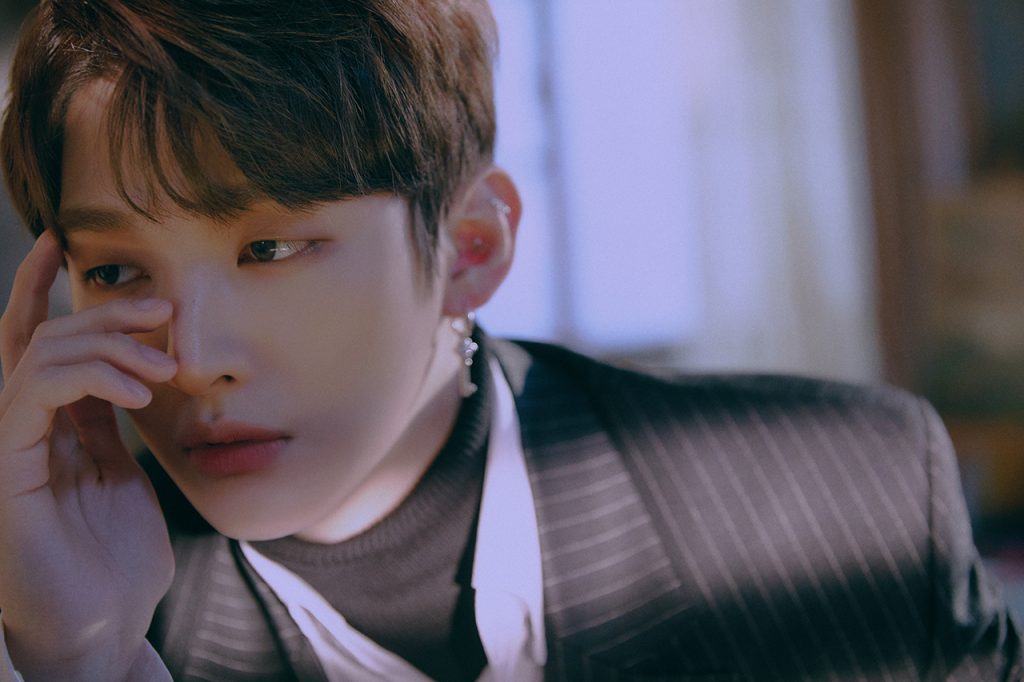
An agency having control over an individual’s given name restricts that artist from promoting under their actual name in the event of their departure. What makes it worse is that Yoon is likely to have had little say in the agency’s decision, making the trademark request more problematic. Adding to this is the fact that the request is submitted at a critical moment in Yoon’s career: he will soon be enlisting as part of his mandatory military service which is usually seen as a turning point in idol careers. Upon his return, he may wish to diversify or promote in other fields that are not part of his agency’s agenda. Should he seek to part ways as a result of the euphemistic ‘artistic differences’, he will not be able to take his name and the brand he has built up around it with him.
LM Entertainment may be seeking greater control over Yoon as a result of the power struggle ongoing between the agency and its other high profile artist, Kang Daniel. Differences in autonomy over social media accounts has escalated into a legal dispute between artist and agency which has Kang’s entire contract at stake. LM may be acting pre-emptively to double down on their artistic and management control to prevent a similar situation playing out with Yoon.
The ongoing dispute between Kang and LM is another indicator of how an agency seeks to dominate and limit an artists’ autonomy. Since signing Kang there has been little activity by the agency to promote one of the most popular, marketable and valuable idols in the industry. In January, Wannaone’s last month as a group before disbandment, Kang was ranked first in the Korean Corporate Reputation Research Institute’s monthly ranking for brand reputation among boy groups – for the seventh month running.
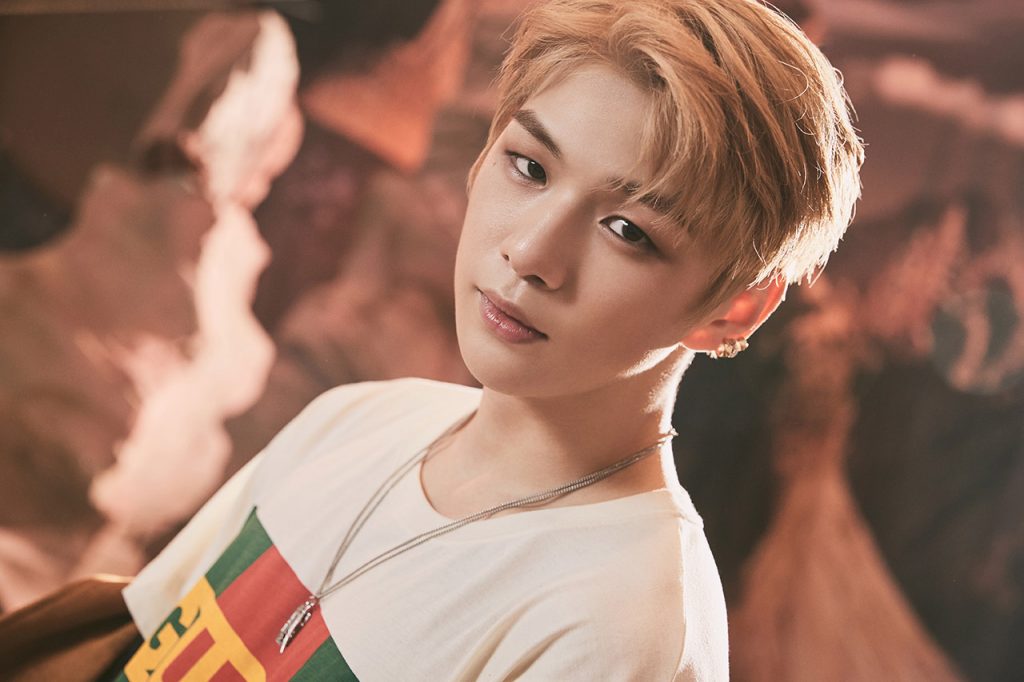
On March 4, Kang posted on Instagram that he had decided to create a new profile, explaining his hiatus from promotions and social media activity was a result of LM restricting access to his social media accounts. A number of statements followed from both parties around whether the terms of LM Entertainment’s exclusive contract had been breached through third party involvement. On March 21, the legal team representing Kang submitted an application for an injunction against LM Entertainment to the Seoul District Court with the aim of suspending his exclusive contract. On 25 April, both sides headed to court to present their cases with no sign of imminent resolution.
In such a dispute, where an artist is pitted against their agency, often the former bears the brunt of the impact. With the halting of Kang’s activities amidst the ongoing proceedings, there is evidence of a negative impact on Kang’s previously indomitable brand. The Korean Corporate Reputation Research Institute’s rankings for March show Kang at sixth place — quite the fall from his sustained first-place ranking not two months prior. If anything, this shows that even the most lucrative assets in an entertainment agency’s roster are vulnerable to the often all-encompassing power of their agency.
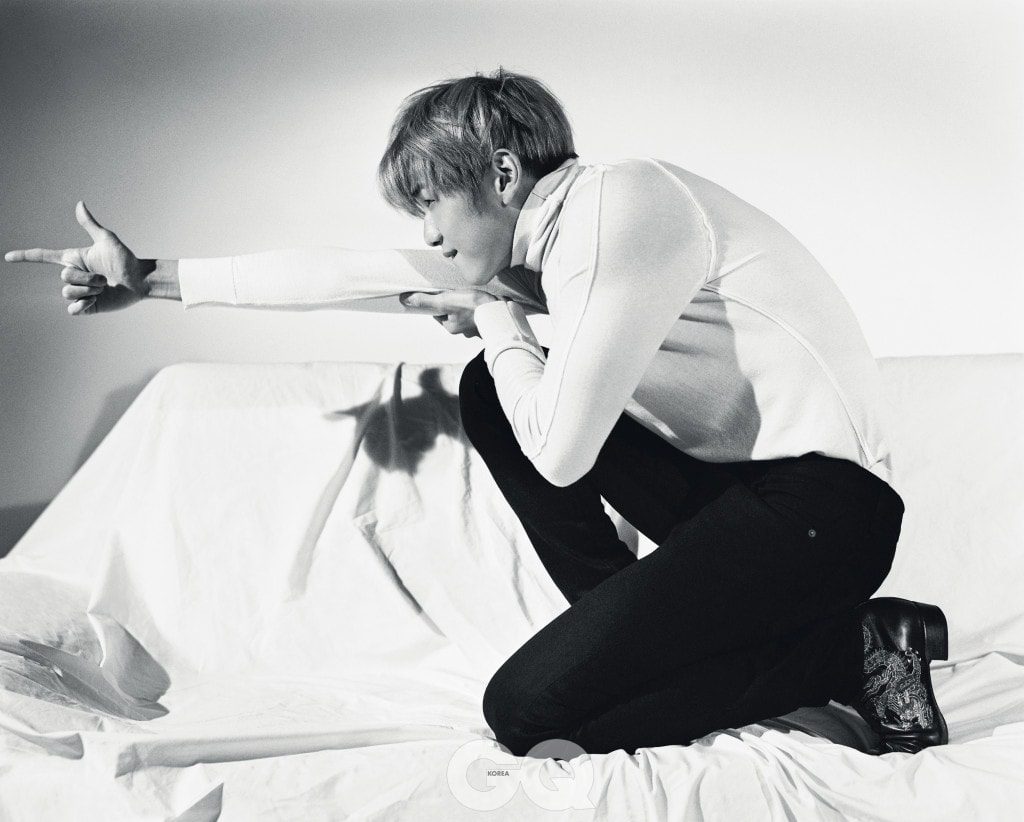
If LM’s trademark request of Yoon Ji-sung’s name is accepted it will mark a turning point in the relationship between an agency and its artists as well as the degree of control an agency can exert over its artists. In comparison to idol groups, it is often more difficult for solo artists to build up a solid brand reputation. A ruling in favour of LM Entertainment will make it that much harder for solo artists to balance artistic freedom and agency limitations potentially exacerbating what is already an unequal relationship.
(Naver [1], [2], [3], [4]; Billboard; Metro; E! Online [1] [2]; Rekorea.
Images: Apple Music, LM Entertainment.)
